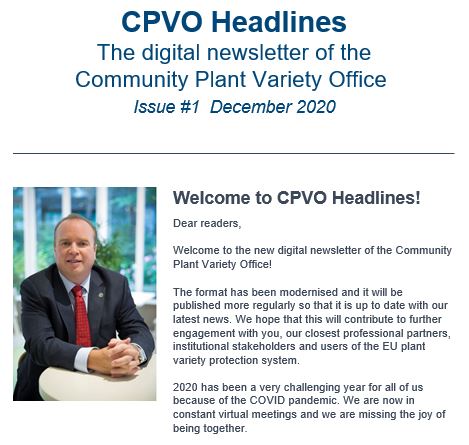The agreement with member states on the drinking water directive was approved with 73 votes to 2 and 5 abstentions. The new rules will improve the quality of tap water by tightening the maximum limits for certain pollutants such as lead and harmful bacteria. They also aim to cut plastic litter by encouraging the use of tap water. This could be done by providing water free of charge in public buildings or for a low service fee, and to customers in restaurants, canteens, and catering services.
Comply with EU water legislation by 2027
The Committee also adopted a resolution on the implementation of EU water legislation with 68 votes to 2 and 10 abstentions.
While MEPs agree with the Commission’s assessment that the Water Framework Directive (WFD) is fit for purpose and should not be revised, they strongly regret that half of the bodies of water in the EU are still not in good condition and that the objectives of the WFD have not yet been reached. This is mainly due to inadequate funding, particularly slow implementation, and insufficient enforcement. The precautionary and polluter-pays principles are not being implemented properly, and many member states are using exemptions too broadly, they say.
The resolution underlines that the WFD objectives need to be better integrated into sectoral policies, particularly in agriculture, transport and energy in order to be fully compliant with the WFD and for all surface and ground waters to achieve ‘good status’ by 2027 at the latest.
MEPs urge member states to reduce the use of fertiliser and pesticides and call for such targets to be integrated and implemented in the national Strategic Plans under the EU’s farm policy. Additional action regarding chemicals and pollutants, water pricing policies, hydropower and urban wastewater treatment is needed, they say.
Next steps
The plenary will vote on the deal on the drinking water directive and on the resolution on the implementation of the EU water legislation during its 14 – 17 December session.
Background
The Fitness Check of EU water legislation in December 2019 concluded that the legislation is adequate but that there is room for improvement related to investments, implementation, integrating water into other policies, chemical pollution, administrative simplification and digitalisation.
While the Water Framework Directive established a framework to protect 110.000 bodies of surface water in the EU, the implementation has been lacking. Less than half of the EU’s bodies of water are in good status, even though the deadline for achieving this was 2015.




